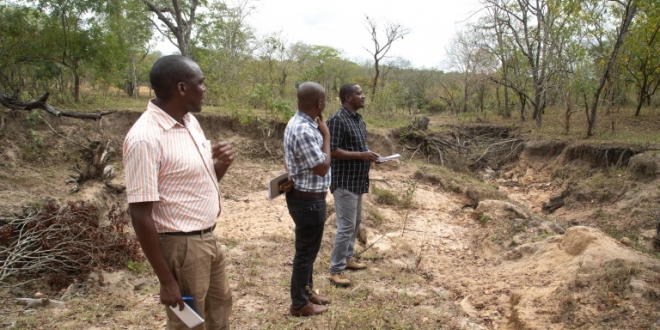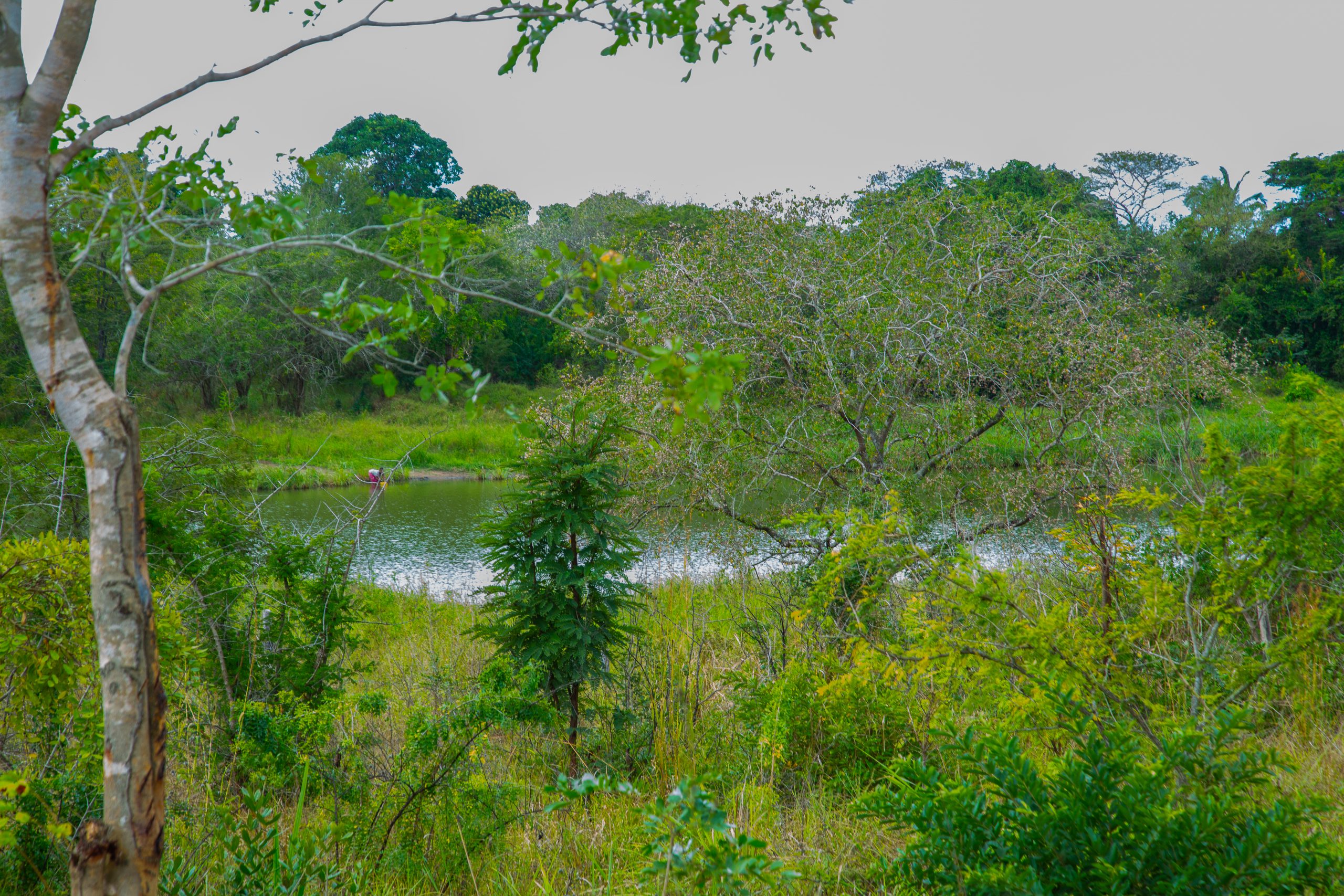A recent study on Vulnerability Impact Assessment to climate change conducted in Chalinze district, Coastal…
Chalinze district council had been supported to conduct climate change vulnerability impact assessment (VIA), with a support from USAID under SERVIR project. E-Link Consult implemented this study. The study identified Talawanda ward to be among the most vulnerable area with regard to climate impacts.The District Natural Resources Officer Revocatus Samweli noted the importance of this study in contributing to a broader climate knowledge that existed in the district, while identifying areas for strategic climate change adaptation intervention. A total of 20 community members from five villages of Talawanda, Msigi, Mindukene, Kisanga and Magulumatali were trained on climate change concepts, impacts and how they are linked to other development activities. The District Community Development Officer Frank Makala said, “Deliberate efforts were made to ensure that selected community members were representing key community groups found within Talawanda ward level from all the five
villages.Participants included representatives from agricultural groups, livestock keeping groups, small scale business groups and special need group.
Msigi Village Executive Officer Exaud Mhelela said that these groups have been very instrumental in spreading information, knowledge and innovation to other community members, thus they are used as ambassadors of change. He added that these social groups have empowered most of the community members especially women to participate in different decision making bodies at the village and ward levels, thus inviting them to participate in such climate change awareness and
capacity building sessions is a good opportunity, which empowers them to respond to climate change challenges using available knowledge and resources”. The session brought together community members and district officers from various departments including agriculture, livestock, land, water, environment, community development and natural resources.
Each district officer had an opportunity to share how these sectors have been impacted by climate change impacts, and how to respond to such challenges. It was very interesting when the Agricultural officer Abdallah Almas mentioned that biological predators such as praying mantis, toads, chameleon, wasips, bees, dragonfly, ladybird beetle and weevil ants were very important to the farmers because they eat crop pests, however due to changes in the weather and climate, such predators have decreased. He added that in turn, there has been increase in crop pests and diseases such as; bacterial bright, anthracnose, leaf spot, white flies, hornworms, meal bugs and stem borers. Participants were enlightened with sustainable and climate smart agriculture practices as measures to respond to climate change challenges facing agriculture sector. Paricipanys were further warned against farming practices which contribute to deforestation leading to poor farm lands and crop productivity. Poor law enforcement was mentioned as among the key drivers to these challenges.



